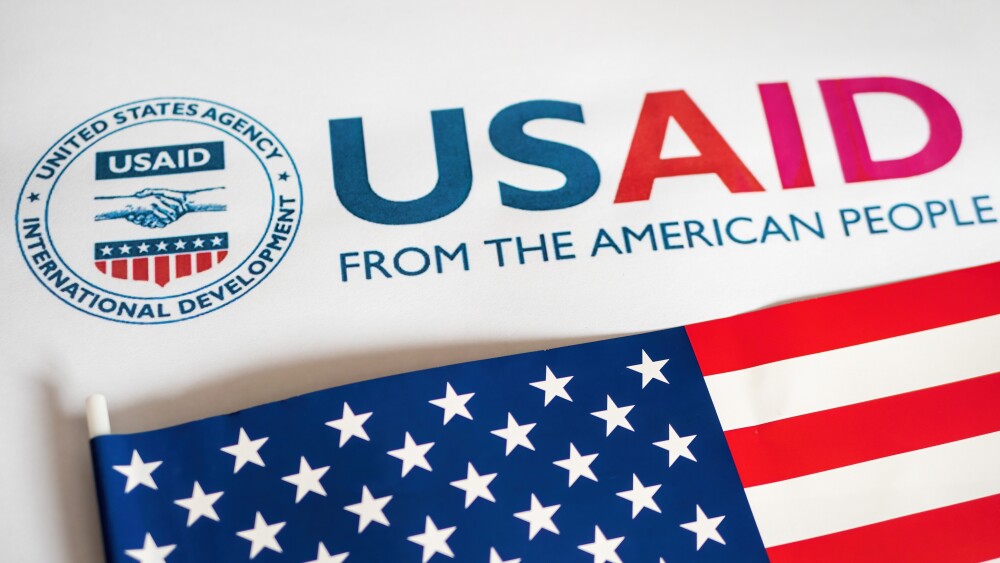Global ratings agency Fitch has projected a 3% decline in Ghana’s current account surplus in 2025, warning that drastic cuts in U.S. aid through the United States Agency for International Development (USAID) could significantly reduce foreign exchange inflows to the country.
According to Fitch, the Biden administration’s decision to slash USAID funding by 90% could undermine one of Ghana’s key external financing sources. Historically, U.S. aid represents about 20% of Ghana’s total external assistance and supports critical sectors such as health, education, agriculture, and governance.
International aid currently accounts for half of all net transfers contributing to Ghana’s current account. The anticipated aid reduction is expected to disrupt service delivery and development projects, even though some relief may come from rising remittances and support from alternative donors. However, Fitch maintains these will not be sufficient to fully cushion the impact.
Despite this outlook, Fitch said Ghana’s external position remains more resilient than in recent years. After a sharp deterioration in reserves between 2021 and 2023—driven by global economic shocks, rate hikes in advanced economies, and capital flight due to Ghana’s debt distress—reserves rebounded in 2024, hitting USD 6.4 billion by year-end, the highest in three years.
“This improvement was underpinned by a strong current account surplus, continued IMF disbursements, and reduced financial outflows,” the agency noted.
Looking ahead, Fitch forecasts Ghana’s international reserves will continue to improve, reaching USD 8.8 billion by the end of 2025. This would provide about 3.5 months of import cover, bolstered by improved investor confidence following successful debt restructuring and a more stable macroeconomic outlook.

